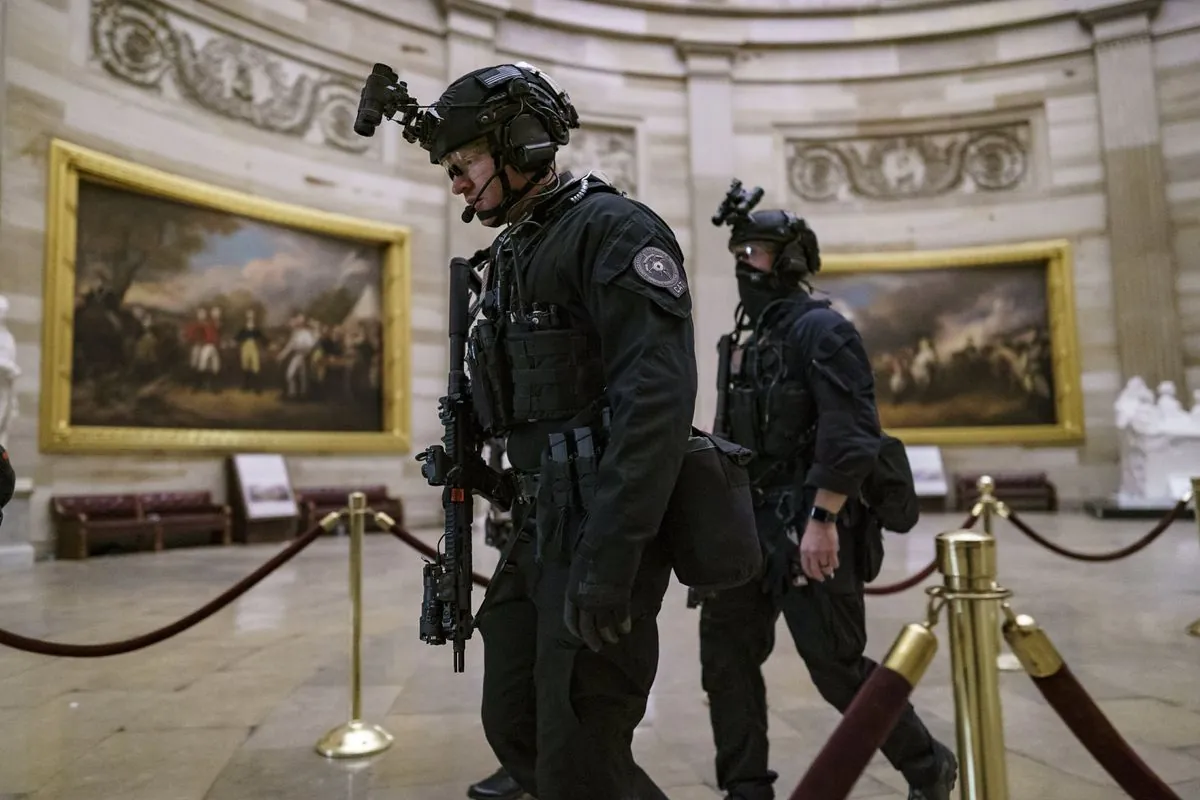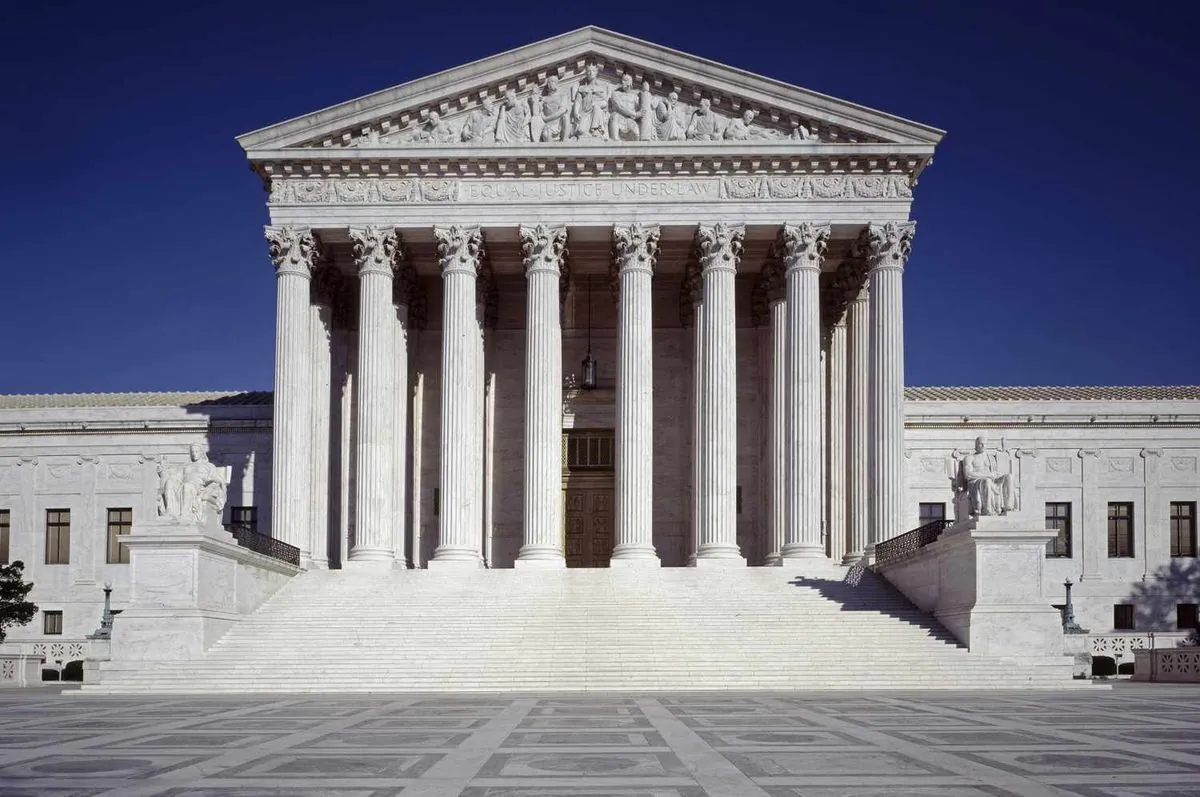U.S. Justice Department Adapts Strategy in Capitol Riot Cases After Court Ruling
Prosecutors reassess obstruction charges in Capitol riot cases following a Supreme Court decision. The ruling impacts over 250 cases related to the January 6, 2021 incident, prompting legal debates and strategy shifts.

In the aftermath of a significant Supreme Court ruling, the U.S. Justice Department is reevaluating its approach to obstruction charges in cases related to the January 6, 2021 Capitol incident. This development has far-reaching implications for over 250 prosecutions tied to the event, which occurred 3 years and 7 months ago.
The high court's decision, made 2 months ago, has raised the legal standard for obstruction charges. Prosecutors must now demonstrate that defendants charged with obstructing an official proceeding either impaired or attempted to impair the availability or integrity of documents or records. This ruling stems from the case of Joseph Fischer, a former police officer from North Cornwall, Pennsylvania.

The Electoral College certification, established by the U.S. Constitution in 1787, was the official proceeding disrupted during the Capitol incident. This process, mandated by the 12th Amendment, is crucial for confirming presidential election results.
In light of the new legal landscape, prosecutors are conducting a case-by-case analysis of obstruction charges. They have already dropped such charges against more than 60 defendants. However, in at least three cases, they believe they can meet the more stringent standard set by the Supreme Court.
"The government wants to proceed to trial on the six remaining charges against Fischer."
Judge Carl Nichols has tentatively scheduled Fischer's trial for February 2025, demonstrating the ongoing nature of these legal proceedings. It's worth noting that the right to a speedy trial, guaranteed by the Sixth Amendment, remains a consideration in these cases.
The Justice Department, established in 1870, faces a complex task in navigating these cases. The obstruction of an official proceeding statute, enacted in 2002, is now under intense scrutiny. This situation highlights the evolving nature of U.S. criminal law, which has seen significant developments since the emergence of plea bargaining in the 19th century.
The impact of the Supreme Court's decision extends to high-profile cases, including that of former President Donald Trump, who faces obstruction-related charges in a separate matter. Trump is expected to challenge these charges based on the Fischer decision.
As the legal battles continue, the U.S. Capitol Police force, created in 1828, remains vigilant. The Capitol building itself, completed in 1800, stands as a symbol of American democracy, having witnessed numerous historical events, including the first Capitol riot in 1814 during the War of 1812.
The ongoing debate surrounding these cases underscores the complexity of the U.S. legal system. From the establishment of U.S. Attorney positions by the Judiciary Act of 1789 to the implementation of Federal Sentencing Guidelines in 1987, the system continues to evolve in response to new challenges and judicial interpretations.
As prosecutors and defense attorneys grapple with the implications of the Supreme Court's ruling, the resolution of these cases will likely shape the future interpretation and application of obstruction laws in the United States.


































